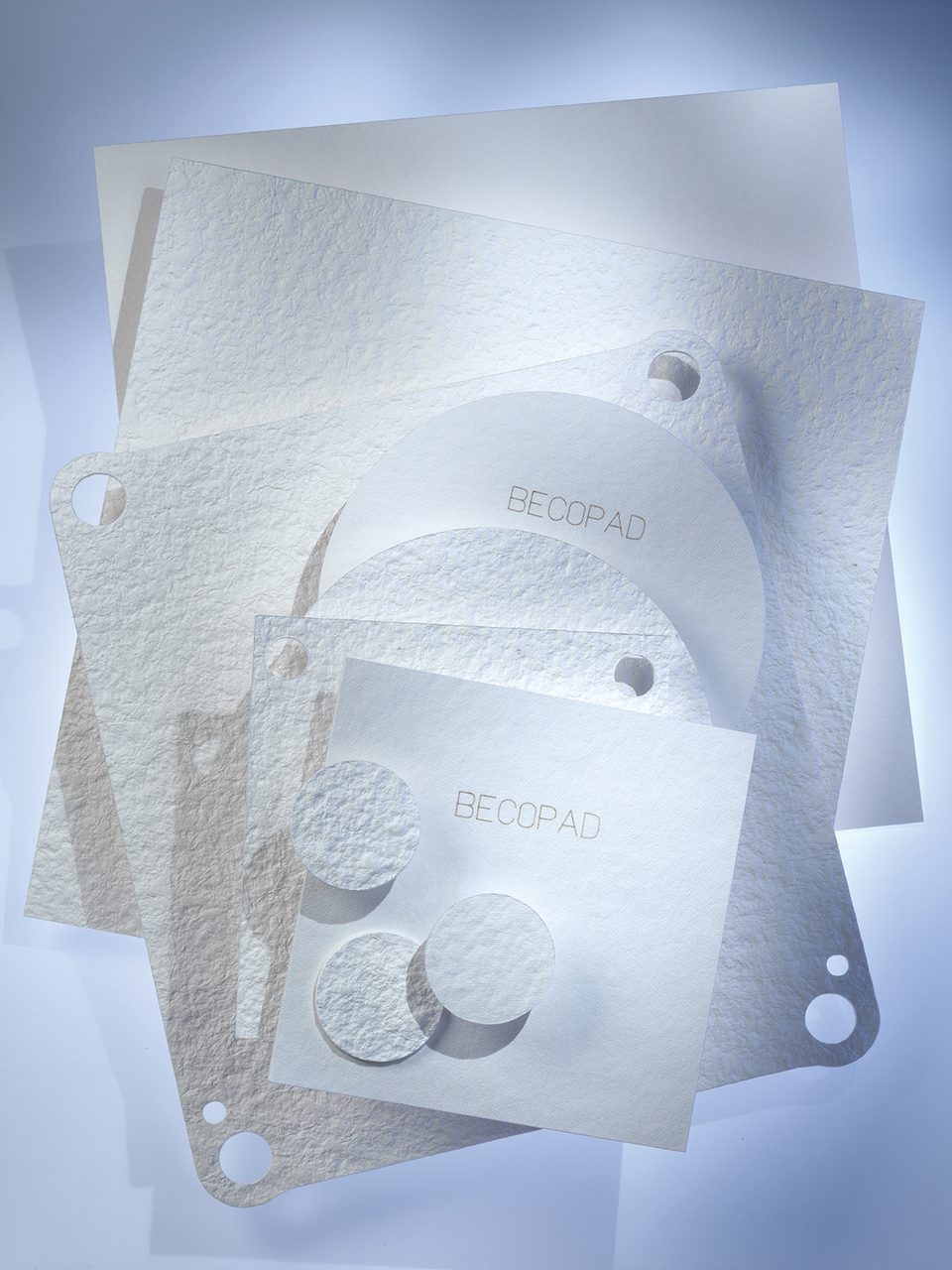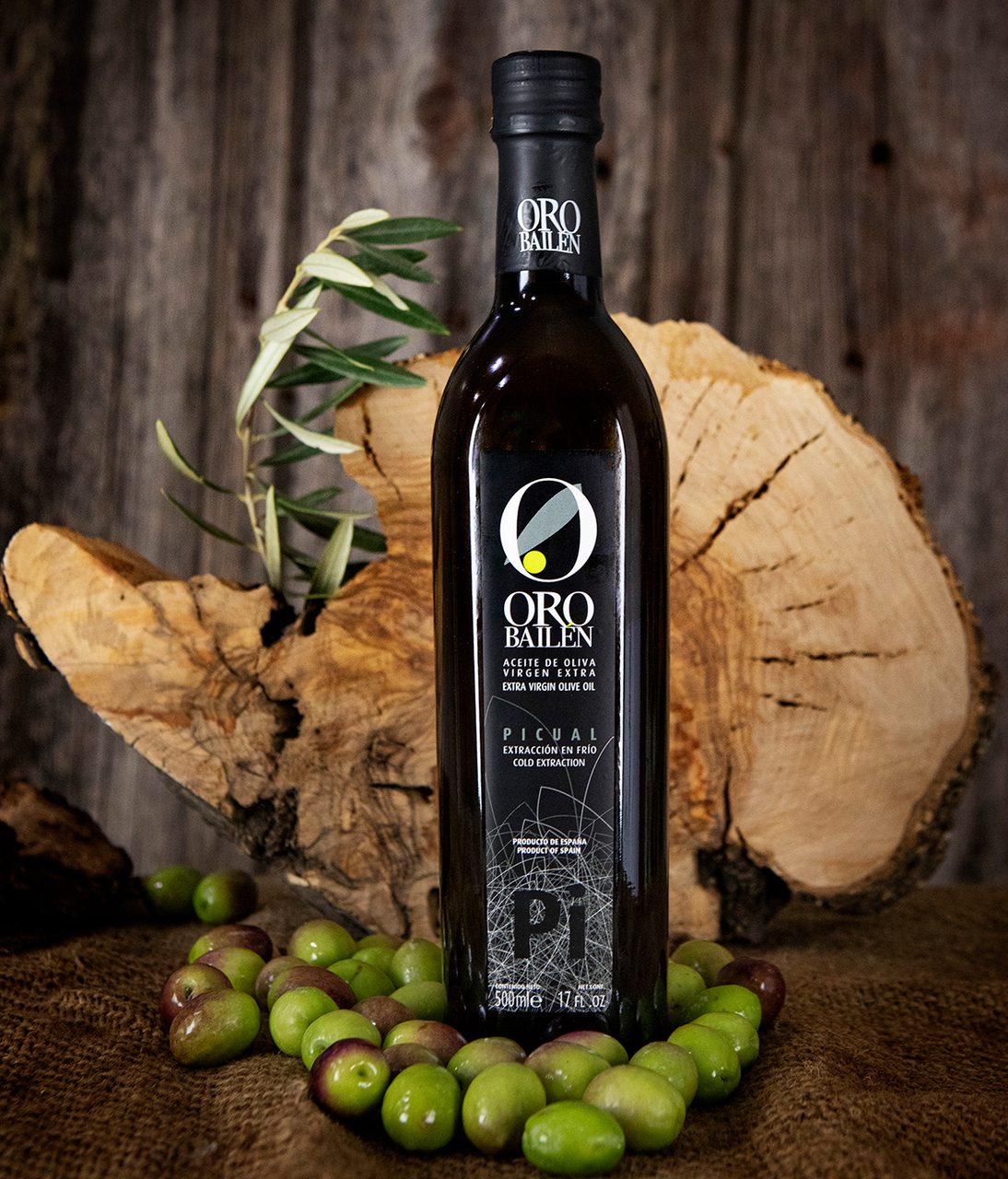When extra virgin olive oil (EVOO) producer Aceites Oro Bailén Galgón 99, S.L.U. needed to remove up to 100% vegetative water and particles from early harvested EVOO to achieve longer shelf life and storage periods, they needed a filtration system that would preserve the purity and quality of their product.
The Galvez-González family started their Spain-based olive oil business in 1999 and since then, their Oro Bailén brand has received many international awards. Among them are the best Picual EVOO from Spain in the National Guide Iberoleum; first prize Spanish Food Award “Best Sweet Green Fruity EVOO 2016” by Spanish Ministry of Agriculture; and the EVOOLEUM World’s TOP100 Extra Virgin Olive Oils Guide as the best 2020 EVOO in the world. The company produces about 300,000 bottles per year, which includes the four different monovarietal EVOOs Picual, Arbequina, Frantoio and Hojiblanca.
High-quality EVOO production begins by monitoring the olive trees in the field, and early harvested EVOO is the first and richest olive oil. When harvest time comes, around the second half of October, olive oil production starts with pressing the olive fruits, followed by a cold beating process, centrifugation, a brief storage period and then a filtration process to remove impurities. Early harvested EVOO is the most difficult to filter, and this is why the Galvez-González family turned to Eaton Technologies for a solution. The companies have been working together since the beginning.
Spanish EVOO producer uses cellulose filter sheets to ensure its early harvested oil is free from impurities
Filtration for extra virgin olive oil ensures its purity
BECOPAD depth filter sheets are made of high-purity cellulose fibers and do not rely on mineral components such as diatomaceous earth. Photo courtesy of Eaton Technologies GmbH

Early harvested EVOO characteristics are highly sensitive to impurities, which is why filtration is so important. The appearance, taste and shelf life of the oil all depend on the effectiveness of the filtration processes, which should remove all traces of water and particles to enhance the quality of the bottled product. These contaminants not only affect the immediate appearance, aroma and flavor of the oil, but they also promote enzyme reactions that reduce the EVOO shelf life and negatively influence its most admired characteristics by creating off-flavor reactions.
Even a 0.2% water content in the finished product diminishes its appearance. It causes turbidity in the EVOO, making it less appealing to the connoisseur of olive oils. Small particles and water also affect aroma and taste, as they lower the fruity and pungency expression in the oil. Water stimulates enzyme actions that degrade C6 aldehydes, which are responsible for the “green” aroma of premier EVOOs. It also is important to the producer of EVOO that no valuable oil is lost during the filtration process.
Preserving quality, retaining quantity
Eaton proposed the use of BECOPAD 550 premium-depth filter sheets made of high-purity cellulose. Working with the Spanish distributor Agrovin, Eaton technical specialists explained the BECOPAD filter technology and conducted trials on site. The moment the results became evident, the solution was adopted and has been in place ever since.
This filter solution is also efficient for particle removal. With no added mineral components, the sheets have low charge-related adsorption. As a result, aroma components and color remain in the product.
According to company representatives, these depth filter sheets are made of high-purity cellulose fibers and do not rely on mineral components such as diatomaceous earth. The type of filter used to produce Oro Bailén comes in sheets of 23.6 x 24.2 inches. The fibers form a special cellulose matrix with a retention range of 2 to 3 microns. The resulting high-filtration performance allows the filter sheets to remove up to 100% of vegetative water from the EVOO.
This filter solution is also efficient for particle removal. With no added mineral components, the sheets have low charge-related adsorption. As a result, aroma components and color remain in the product. Due to the characteristics of the cellulose matrix, particles are reliably separated by mechanical depth filtration and therefore do not affect the quality of the EVOO.
With these sheets, differential pressure can be used as turbidity is retained until a ΔP of approximately 21.8 to 29 psi is reached. This is when the depth filter sheet is saturated and due to the increased differential pressure, water is not retained anymore. In olive oil filtration, the flow rate will then decrease significantly when the saturation point of this filter sheet is reached. Operators can see the proximity of saturation point by checking the differential pressure and seeing the decrease of the flow rate.
Early harvested EVOO is the most difficult to filter, but Oro Bailén’s singular and peculiar fruity and aromatic notes are made possible in part by their Eaton filtration process. Photo courtesy of Aceites Oro Bailén Galgón 99, S.L.U.


